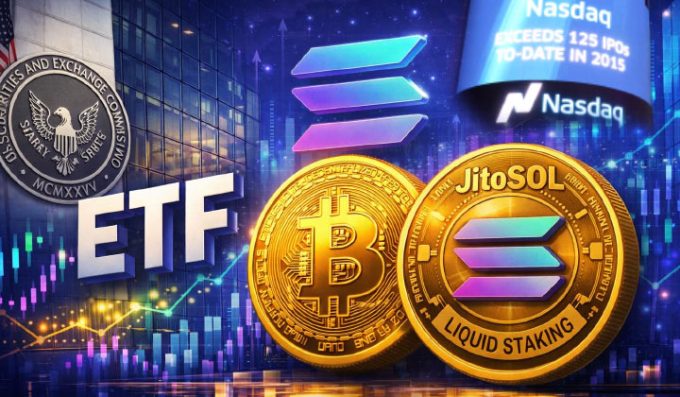G-7 Finance Ministers Discuss Crypto Regulation
By Kapil Rajyaguru
European Union passed world’s first comprehensive crypto regulation Markets In Crypto Assets (MiCA) and Hong Kong enacting its crypto regulation from June 1 2023.Many other countries followed the footsteps to regulate this novel asset class. Market observers believe that it does seems a late awakening but it is indeed a step in right direction.
The Group of Seven (G-7) intergovernmental political forum, has signaled its commitment to implement the Financial Stability Board’s (FSB) forthcoming norms for regulating crypto assets and the International Monetary Fund’s (IMF) recommendations on central bank digital currencies.
The group’s finance ministers and central bank governors announced they had discussed crypto asset supervision at a Saturday meeting in Niigata, Japan ahead of the G-7 summit next week. Japanese Prime Minister Fumio Kishida, the summit’s host this year, has said G-7 leaders are set to state their joint support for tougher crypto rules.
India, as the president of the G-20, has been pushing for globally coordinated crypto rules. In February, the group said forthcoming global crypto norms will be based on a new synthesis paper jointly produced by the IMF and the FSB. The G-7 has indicated it will follow the standards set by the FSB.
The G-7 also supports efforts of the Financial Action Task Force’s (FATF) established in July 1989, to accelerate the global implementation of its travel rule, which mandates the sharing of information on fund transfers between financial institutions, the finance ministers said.
The global money-laundering watchdog is due to publish a progress report on travel rule implementation – something the G-7 is looking forward to “in light of the growing threats from illicit activities.”
The G-7, which has previously said it will help developing nations issue CBDCs, will look to the IMF’s recommendations on CBDCs, set to be published later this year.
The U.S., U.K., Canada, France, Germany, Italy and Japan make up the G-7, with representatives from the European Union, Australia, India and several other jurisdictions invited this year.
All said & done, the regulatory approach seems to underline the need to protect investors from cyber risks, ensure market entities implement practices that will make their operations more secure and mitigate risks to themselves, their customers, and markets.
There’s need to protect this fledgling industry, which has raced to among top five investment class and with immense potential given its decentralized finance nature, at a time when investors losing their faith in centralized financing activity, particularly in light of latest banking sector crisis in the U.S.
You need to login in order to Like













